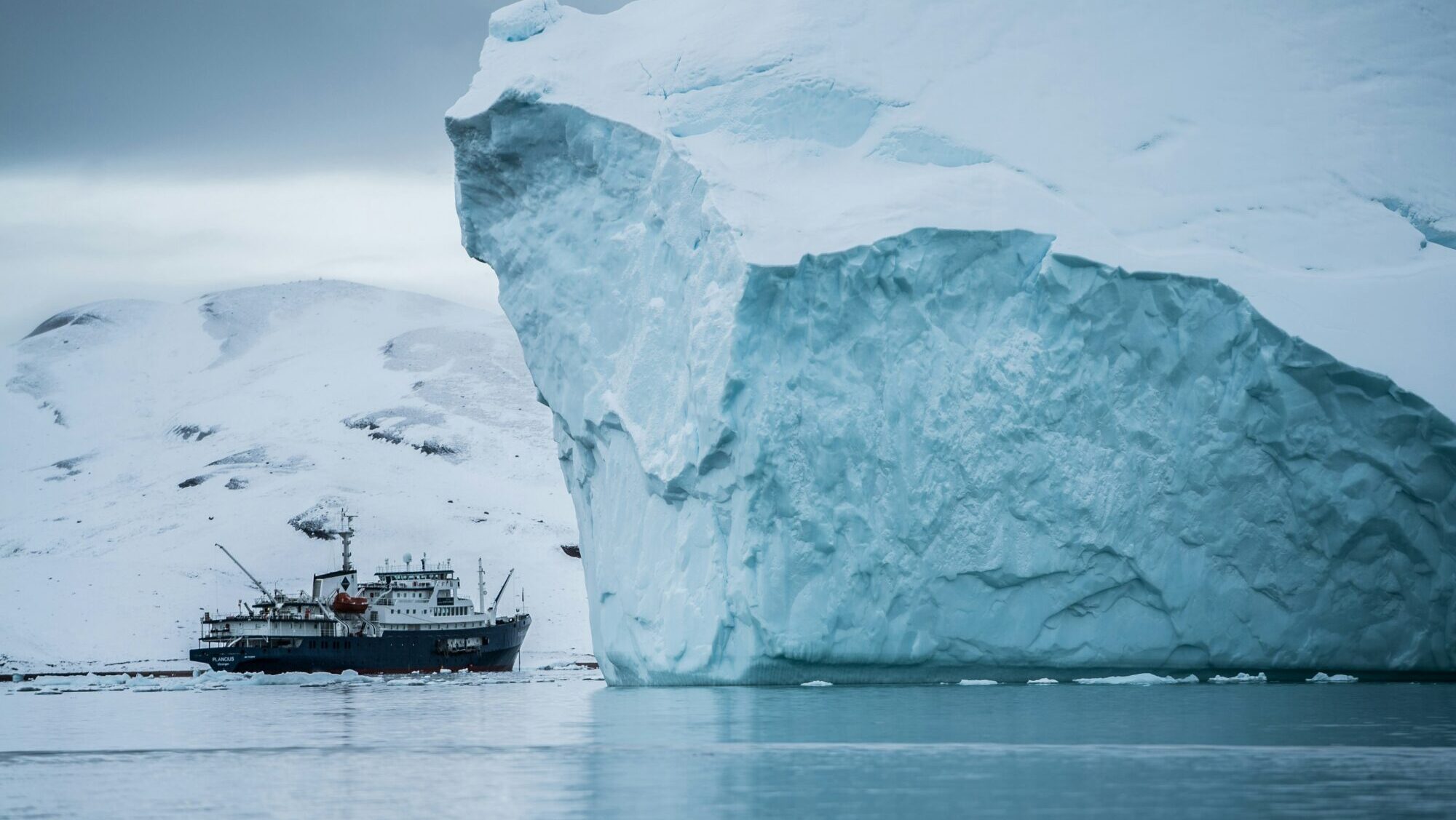No products in the cart.

Photo: Hubert Neufeld en Unsplash
Denmark is adjusting its strategic position on Greenland as U.S. President Donald Trump intensifies pressure on Europe to bolster its defense capabilities, particularly in the Arctic.
While the possibility of the U.S. taking control of Greenland has dominated headlines in recent weeks, Danish prime minister Mette Frederiksen’s response reveals a more profound reality: Trump’s stance is less about territorial ambitions and more about pushing Europe to take responsibility for key regions threatened by Russian and Chinese expansion.
This strategy became evident on February 3rd when another key location verbally targeted by Trump—the Panama Canal—yielded favorable results for Washington. Following a visit by Secretary of State Marco Rubio, Panama decided not to extend its trade agreement with Beijing.
Understanding this dynamic clarifies the approach to Greenland—though the way Trump communicates these issues continues to create discomfort among European partners accustomed to a different style of diplomacy.
Frederiksen, for instance, did not hesitate to express her indignation at recent comments by U.S. vice president J.D. Vance, who accused Denmark of failing to protect Greenland adequately. In an interview with Fox News, Vance stated that U.S. control over Greenland was “possible” given its critical role in national security. He also criticized Denmark for neglecting its responsibility to counter Russian and Chinese maritime activities in the region.
Ahead of an informal EU defense summit in Brussels on February 3, Frederiksen sought to reaffirm Denmark’s commitment to the transatlantic alliance. “We have fought alongside the United States for decades. We have sacrificed many of our young soldiers. We have doubled our defense budget and signed a bilateral agreement with Washington. We are one of the U.S.’s most loyal and important allies,” she stated, rejecting any suggestion that Denmark has failed to meet its commitments.
However, the Danish leader admitted that Trump’s criticisms of European defense shortcomings are not entirely unfounded. “It is true that our activity in the Arctic, like that of other regional states, must be intensified because it is becoming an increasingly important area in defense and deterrence,” she acknowledged. She also left open the possibility of a more substantial U.S. military presence in Greenland, where Washington already operates the Pituffik Space Base, a key early-warning installation against potential Russian nuclear attacks. “The United States already has a presence in Greenland that could be expanded if necessary. If securing our part of the world requires it, we will find a way to move forward together,” she declared.
While NATO and the EU have reacted slowly, Russia has expanded its military capabilities in the Arctic with strategic bases and large-scale exercises. At the same time, China has invested in critical infrastructure to secure control over maritime routes. Although Beijing still has a long way to go in establishing a reliable commercial corridor, its advantage over traditional Asian and African trade routes is undeniable.
Europe’s lack of response in this region allows Moscow and Beijing to strengthen their positions unchallenged. The Pituffik Space Base remains a crucial component of the U.S. defense shield, enabling the tracking of intercontinental missiles and monitoring of Arctic airspace. Expanding its capabilities would bolster deterrence against any emerging threats from Russia or China.
Frederiksen’s statements mark a significant shift, aligning Denmark more closely with Washington’s expectations regarding Europe’s defense posture. Her words reflect a growing concern among European policymakers that the continent is preparing too slowly for emerging threats. “The biggest problem in the EU is that we are still operating with a peacetime mindset,” she warned. “We are not accelerating production lines and continue to think as if we are not in a crisis. I am not saying we are at war, but we need to change our mindset and develop a sense of urgency.”
Frederiksen’s recognition of European defense shortcomings reinforces Trump’s broader argument: Europe must take greater responsibility for its security. This sentiment is increasingly shared in Denmark, where public opinion and political figures acknowledge that the country is unprepared to defend the Arctic.
If Denmark and other European nations increase their defense investments, it will enhance security and boost key military industries such as naval construction and radar system production. However, the dilemma remains: how to finance this effort without compromising other strategic areas of public spending. This was another central point of contention during the Brussels meeting last Monday. Funding? Yes, but how? That remains an open question.